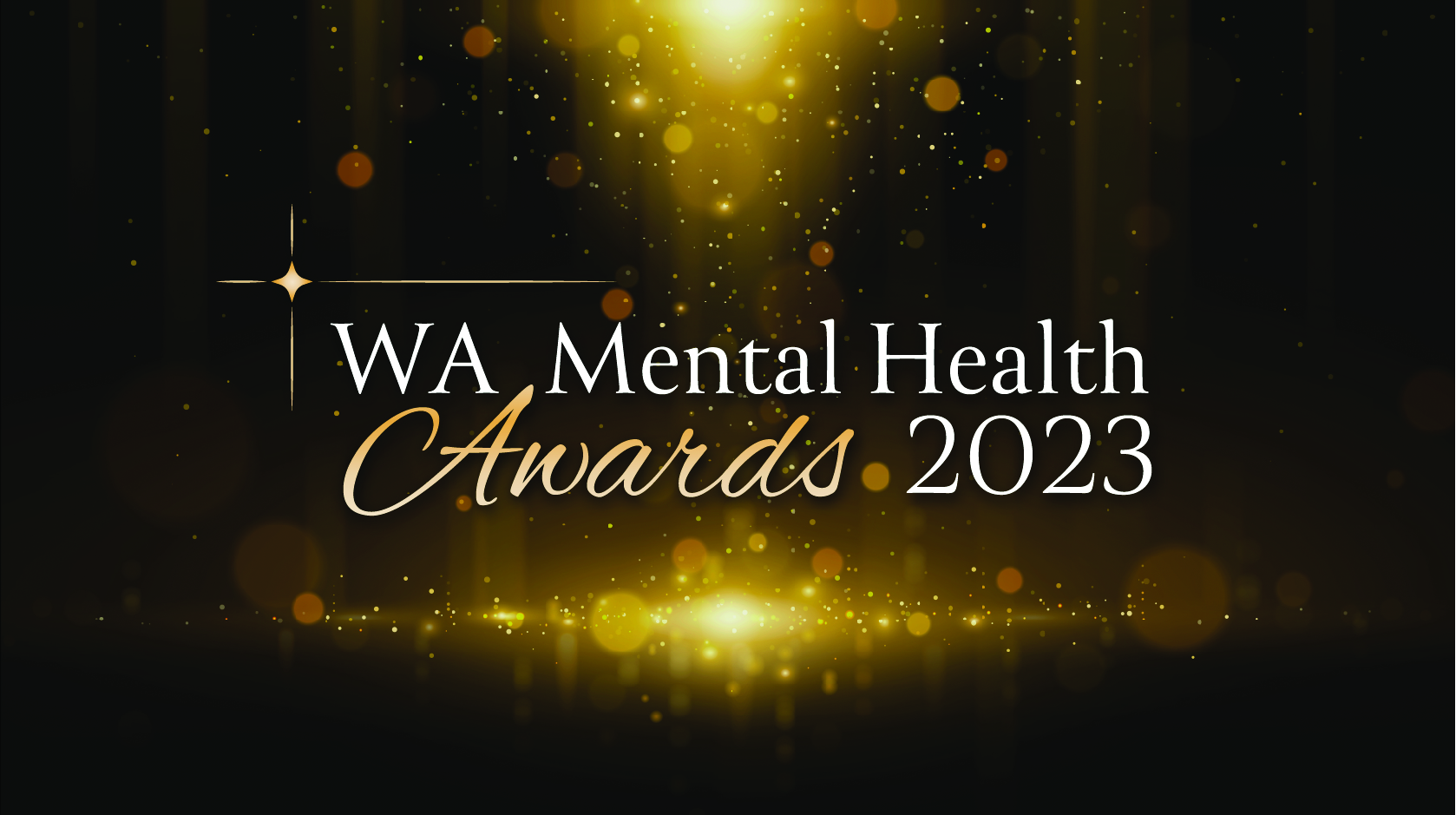Lived Experience Impact & Inspiration Award
Presented by the Western Australian Mental Health Commission
2022 Winner:
Anna Richards, Consumers of Mental Health WA
For more than 20 years, commencing soon after being diagnosed with bipolar disorder at age 56, Anna Richards has been working for change on behalf of her companions with mental health challenges. She is a community educator, educating health professionals, students, carers, consumers and the community on the recovery paradigm and lived experience perspectives. Her work as an advocate has spanned boards, committees, reviews, advisory bodies, reference, focus and co-design groups, and interview panels. With excellent writing skills, she has contributed to several handbooks and courses. Anna has worked with Consumers of Mental Health WA (CoMHWA) since its inception in 2001, and she has played an integral role in the organisation as it evolved, including being the chairperson, vice-chairperson and secretary. Over the years, Anna has become a well-known and respected face in the WA mental health sector and has worked tirelessly to bring about change.
“I became an active volunteer in the mental health sector working for reform too and I think this is what has helped me more than anything else because it gave me a sense of purpose,” Anna said.
2022 Finalists:
Chris Johnson, Ruah Community Services
From experiencing trauma, mental health challenges and homelessness all before she started high school, and at age 15 enduring the devastating loss of her older brother, Chris Johnson’s recovery story is one of remarkable strength and determination. With the help of volunteers, carers and peer workers, she began to value life. Through the Read Write Now program, Chris learnt strategies to manage her dyslexia and developed literacy skills that later earned her a full scholarship to study a Certificate IV in Mental Health Peer Work. Since 2020 she has been working as a Kaya peer worker at Ruah Community Services in the Choices team, supporting people experiencing mental health distress at Royal Perth Hospital. In this role, Chris has used her lived experience to offer support, hope and encouragement to people experiencing mental health distress in the Emergency Department and Mental Health Emergency Service. Chris is now dedicated now to “paying it forward” and honouring the care and encouragement of the peer and community workers that supported her throughout her recovery. Now a peer worker herself, Chris has dedicated her working life to supporting hundreds of people a year who are experiencing mental health challenges and find themselves in the unwelcoming environment of an Emergency Department.
Jacqueline de Grussa, The Recovery Collective
Jacqueline de Grussa is a mother of three young daughters and a sociologist by profession, specialising in trauma and addiction. She works at the Aboriginal Housing Recovery Centre as the lead for Project Koolark (“home” in Noongar), which is a lifetime recovery-based housing program for WA’s most vulnerable Aboriginal people. The project uses trauma-informed, compassion-based practises, with an understanding of lifetime recovery, and has shown exceptional success. Jacqui is also the founder and managing director of The Recovery Collective (WA) Limited (TRC) – a new initiative to work towards more effective collaboration between services, organisations and support groups in the recovery sector to increase engagement and results-based practices to all people on their recovery journey. Jacqui identifies as a recovering user of drugs and alcohol who has been on her recovery journey for more than 17 years, which has included a mission of self-discovery to find out why she struggled with addiction and how to heal.
William Turner, South West Aboriginal Medical Services
Having been a survivor of the stolen generations, William Turner experienced trauma and abuse from a young age, with the long-term effects significantly impacting his mental health for many years. Inspired by his aunties, William sought professional counselling help and support, which helped him understand his traumatic experiences were not his fault and provided a rationale for behaviours he developed as a result from the trauma. William’s father was also instrumental in his healing process by taking him out on country, learning ways to heal a broken spirit and connecting with the vital elements of country, love and acceptance. However, the suicide of his uncle led to a desire to work in the mental health and alcohol and other drugs field. Despite never being taught to read or write as a child, William overcame countless challenges of self-doubt, self-worth, underdeveloped literacy skills and traumatic memories to gain several qualifications. He is now regarded by his peers as a highly experienced and respected mental health and AOD worker, and his recovery journey has continued to inspire others with a powerful combination of clinical expertise and lived experience. William has been a key figure in ensuring Aboriginal people are part of the decision-making process for mental health and AOD support for Aboriginal people, and that support is culturally safe and appropriate and allows for spiritual healing.
